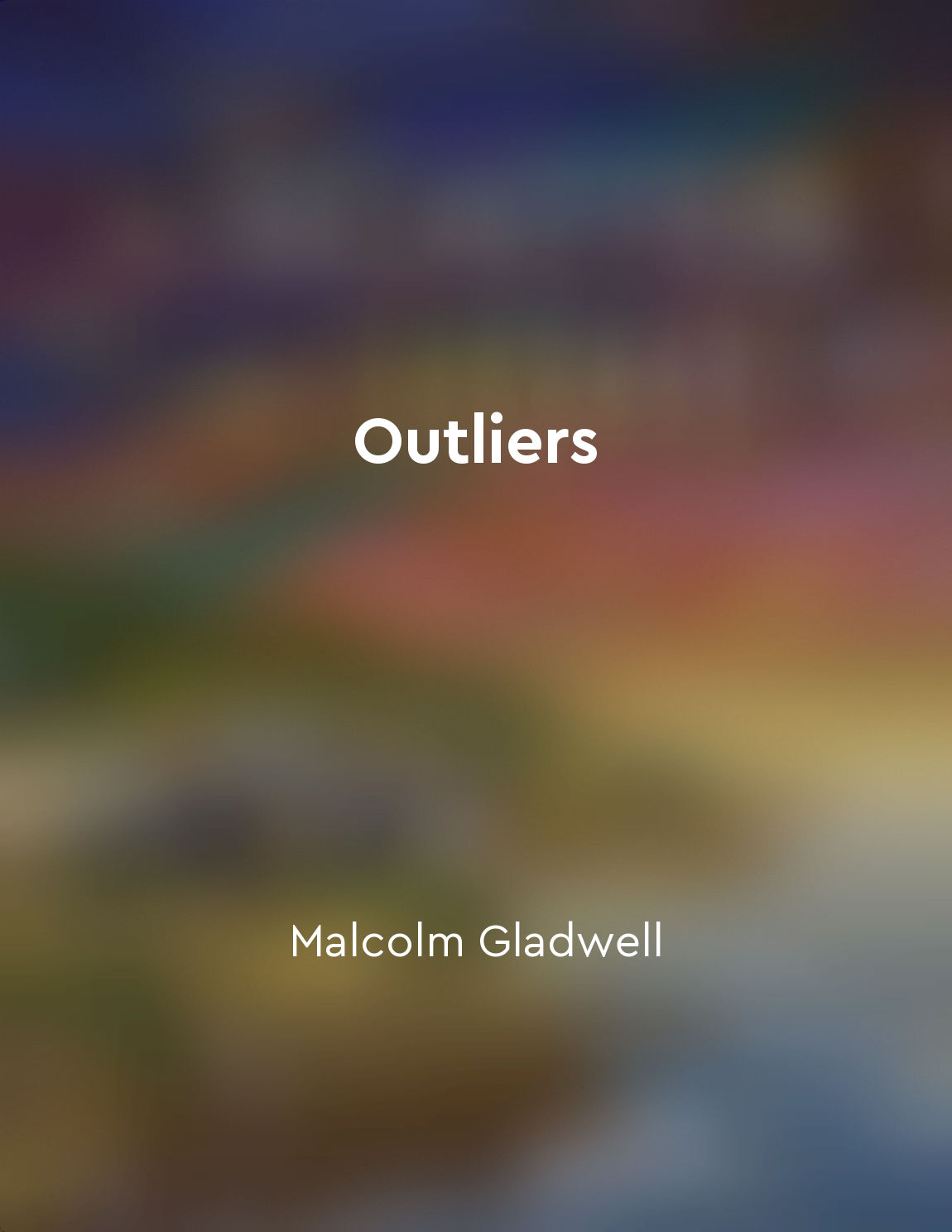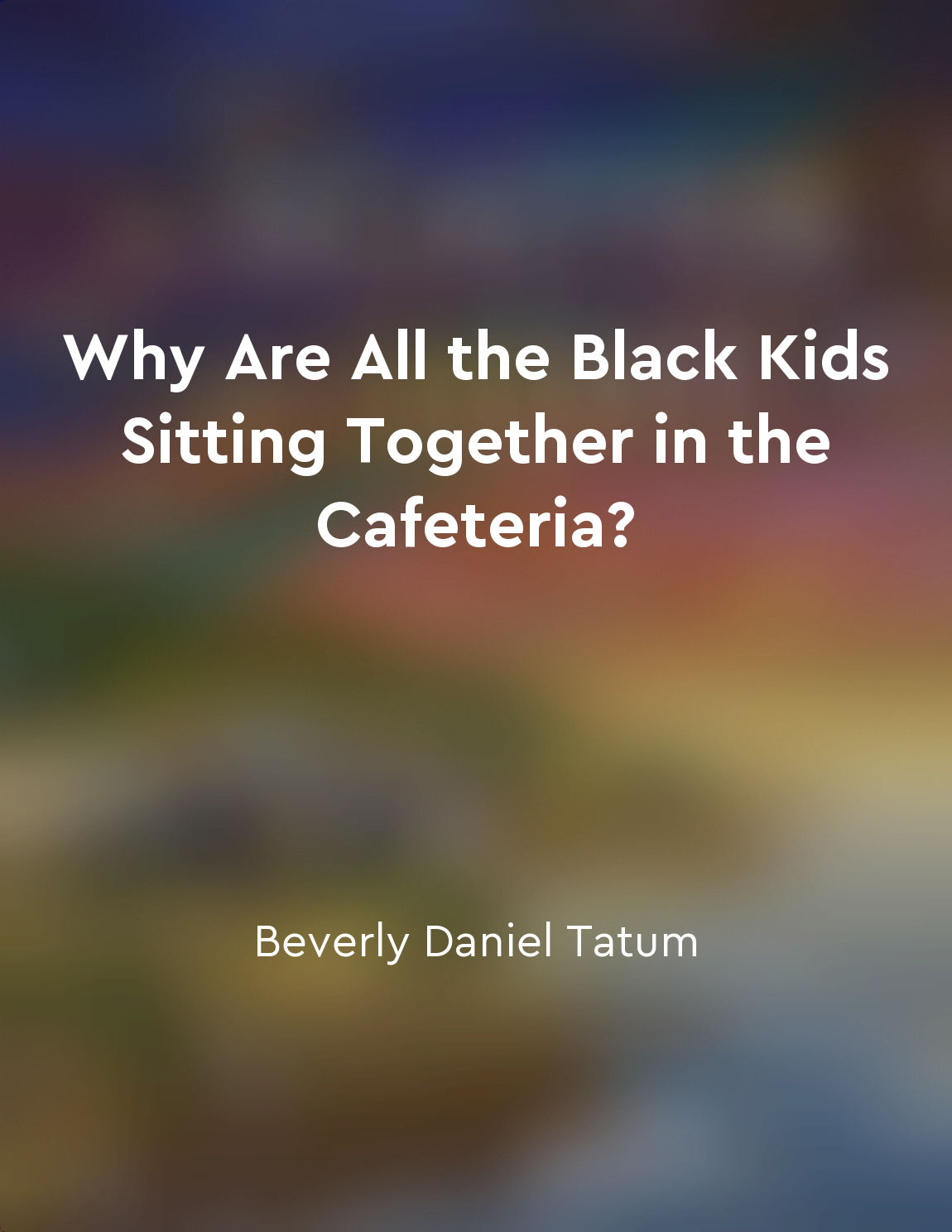Economic models can explain patterns of discrimination from "summary" of The Economics of Poverty and Discrimination by Bradley R. Schiller
Economic models provide a framework for understanding discrimination by examining how individuals and firms make decisions based on costs and benefits. These models help us explain why discrimination persists despite laws and social norms that condemn it. For example, employers may discriminate against certain groups if they believe that doing so will increase profits by attracting a more desirable customer base. This decision is rational from an economic standpoint, as firms are motivated by the pursuit of profit. Moreover, economic models can shed light on the role of statistical discrimination in perpetuating inequality. Statistical discrimination occurs when individuals are treated differently based on group characteristics rather than individual attributes. For instance, employers may assume that members of a certain group are less productive or reliable, leading to discriminatory hiring practices. This form of discrimination can become self-reinforcing, as individuals from disadvantaged groups may have fewer opportunities to prove themselves, thus perpetuating negative stereotypes. Additionally, economic models can help us understand the impact of discrimination on individuals and society as a whole. Discrimination can result in lower wages, limited job opportunities, and reduced access to education and healthcare for disadvantaged groups. These economic consequences can contribute to cycles of poverty and inequality that are difficult to break. By examining the economic incentives behind discriminatory behavior, we can develop policies and interventions to address these disparities effectively.- Economic models provide valuable insights into the complex dynamics of discrimination. By analyzing the costs and benefits of discriminatory behavior, we can better understand why it persists and develop strategies to combat it. Ultimately, economic models can help us create a more equitable and inclusive society where individuals are judged based on their merits rather than their group characteristics.
Similar Posts

Holding institutions accountable
To hold institutions accountable is to demand that they actively work to dismantle racism within their structures and policies....

The interconnectedness of individual success with societal structures and norms
Success does not occur in isolation. It is deeply intertwined with the societal structures and norms within which individuals o...
Market forces drive disparities
Market forces, with their inherent nature and mechanisms, play a crucial role in shaping economic disparities within and betwee...

Gender data gaps hinder progress on gender equality
The absence of gender data is not just an inconvenience; it is a glaring obstacle to achieving gender equality. Without accurat...
Create spaces where everyone feels valued
Creating spaces where everyone feels valued is crucial for fostering a sense of belonging and inclusion. This concept goes beyo...

Integration is not the same as assimilation
The concept of integration being different from assimilation is crucial to understand when discussing diversity and inclusion. ...
Security threats require new strategies
As we navigate the complexities of the modern world, one thing is abundantly clear: security threats are constantly evolving. T...
Defaults influence behavior more than expected
Defaults are a powerful force in shaping human behavior. They have the ability to nudge individuals in a particular direction w...
Interpersonal attraction involves feelings of liking or loving towards another person
Interpersonal attraction is a powerful force that can shape our relationships with others. It involves feelings of liking or lo...

Social Security reform is necessary
One of the key issues facing our society today is the need for reform of the Social Security system. The current system is unsu...

